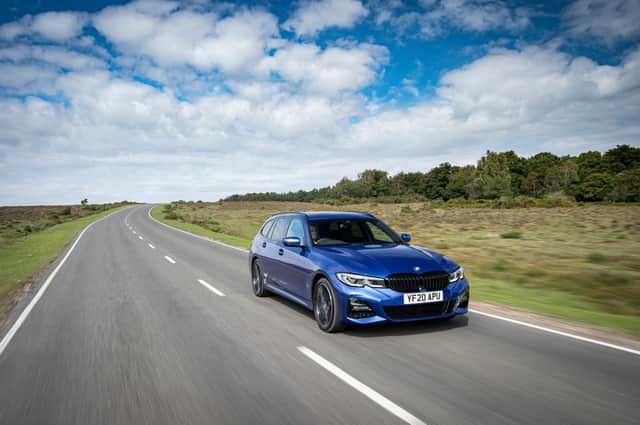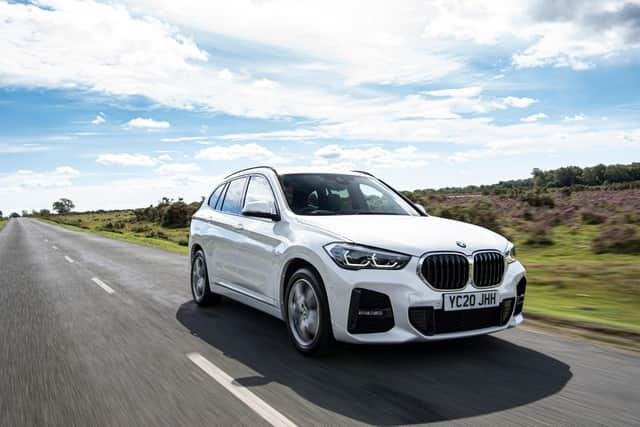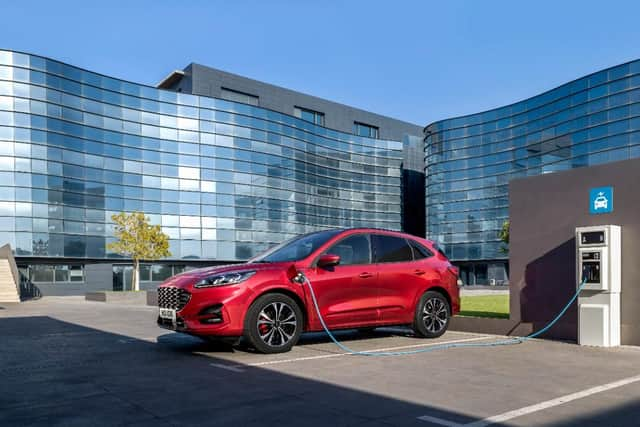BMW and Ford hybrid recall: The fault behind the safety alerts, the models affected and how to check if your car is covered


BMW and Ford have both issued global safety warnings for a number of cars after testing revealed that they were at risk of bursting into flames.
The two brands have both confirmed problems with several plug-in hybrid models which could cause their high-voltage battery packs to catch fire.
What is the fault?


Advertisement
Hide AdAdvertisement
Hide AdBoth brands have issued similar safety notices around plug-in hybrid vehicles (PHEV) over fears that they could catch fire but the issues are slightly different for each company.
In BMW’s case, engineers have identified an issue where foreign contaminants have entered the battery packs during construction. The marque says that when the battery is fully charged this could lead to a short circuit within the battery cells, which may lead to a fire.
Ford has said that there are issues around how cars dissipate heat from their battery which, in some cases, leads to overheating and the risk of the battery catching fire.


Which models are affected?
The BMW recall affects all of its petrol-electric plug-in hybrid models built between January 20 and 18 September 18, 2020.
Affected models are the 3 Series, 5 Series, 7 Series, X1, X2, X3, X5 and 2 Series Active Tourer. The Mini Countryman PHEV and BMW i8 coupe and roadster are also affected. An estimated 26,700 BMW cars are affected, although it is thought only around 3,000 have been delivered to customers.
The Ford safety notice only affects the Kuga PHEV, which was launched earlier this year.
All Kuga PHEVs built before June 26, 2020 are affected by the issue. Ford has stopped the sale of the model but has not yet recalled customer cars as it is still to develop a fix for the problem.
What to do if your car is affected
In all cases, you can still drive your car but both manufacturers have told owners not to plug in their vehicles to charge the batteries.
Advertisement
Hide AdAdvertisement
Hide AdThey have also instructed drivers to leave the cars in the standard driving mode at all times. In the case of BMWs this is the “auto comfort” drive setting. In the Ford Kuga, drivers should leave the car in “EV auto” mode.
BMW has also told owners not shift gears manually using either the steering wheel paddles or the manual override on the central gear selector.
How to check if your car is affected
Both brands have said they will contact all affected customers. However, if you are unsure whether your vehicle is affected you can check online using each brand’s look-up tool. BMW’s is here and Ford’s is here.
What happens next?
Both brands are working on solutions to the problems and will complete any repair or replacement work free of charge. BMW has begun recalling cars while Ford will recall affected vehicles once it has developed a solution.
Ford has also offered affected owners three years of free servicing and a £500 fuel contribution to make up for the loss of the PHEV functionality.